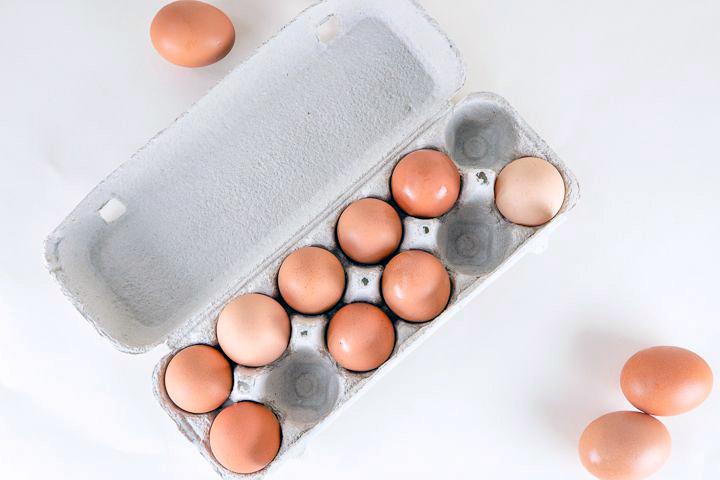Please provide your zipcode, so that we can confirm if you're eligible for free local delivery.

Natural, cage-free eggs with dreamy yellow yolks? Don’t mind if we do. Heck, make it a double dozen from the happy hens at MilkRun partner farms in your neck of the woods. Start every morning on the sunny side with these yummy yolks gazing up at you from the pan — and take pride in every bite, knowing your breakfast (or lunch, or dinner) is helping small farms flourish and building a stronger and more sustainable local food system in your community.
Changing the world is a mighty job. That’s why our mission is to start small — one home, one neighborhood and one egg at a time.
Now, imagine if every household in your city bought a dozen eggs from a local farmer through MilkRun every week for one year — all those small commitments would quickly add up to a whole lot more money going back into your local farmers’ pockets.
So whether you’re starting your MilkRun subscription today or are a longtime subscriber finally taking the leap on getting your weekly dozen delivered by us, we want to say thanks. Because when we all start small, together we can help small farms flourish and build stronger and more sustainable local food systems that will nourish the communities we call home for years to come.

RECIPES

RECIPES